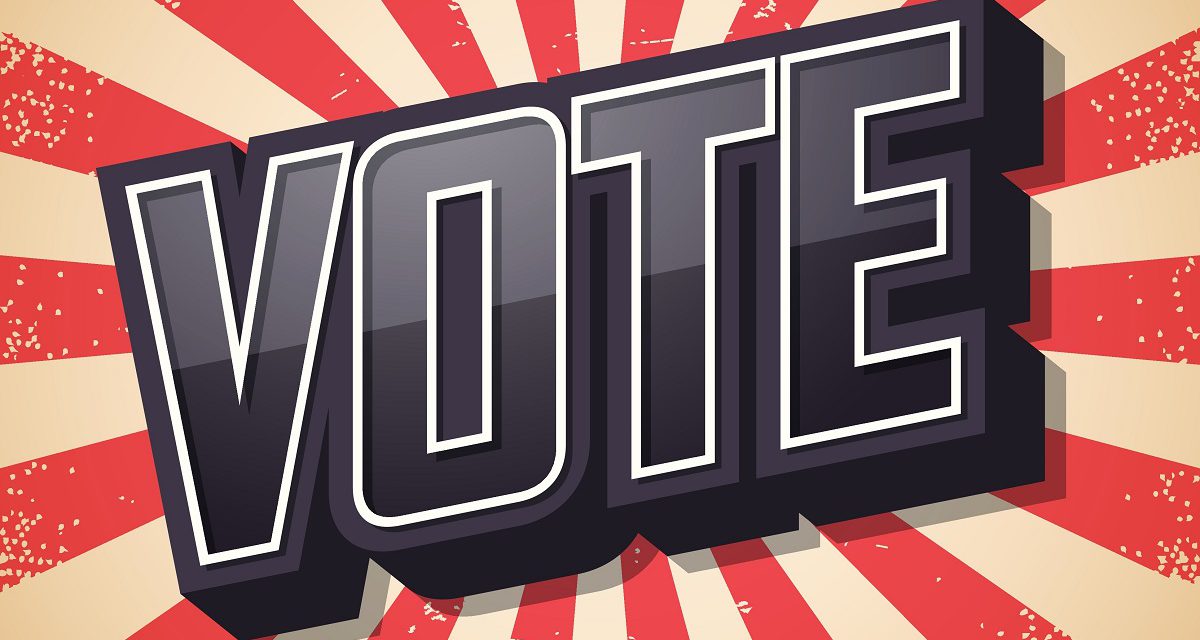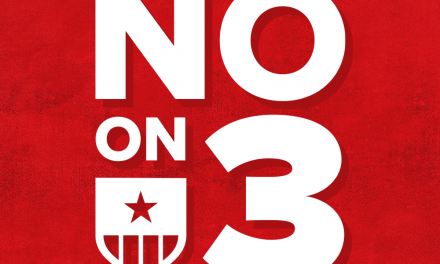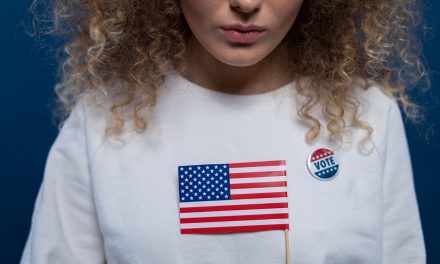Coming up on the November 3rd ballot in Missouri is Amendment 3, nicknamed Dirty Missouri. The bill proposes to no longer count children in the state’s representation as well as reinstate the gerrymandered districts cleaned up by the Clean Missouri bill in 2018. Cecilia Belser-Patton, community activist and political director for the “No on 3” campaign, urges Missouri voters to remember, “this is not a partisan issue, this isn’t about Democrats or Republicans…it’s about people.”
To gerrymander is to manipulate the boundaries of an electoral constituency so as to favor one party or class. As defined by Belser-Patton, it allows “those in power to have the ability to continue to move their power forward through the districting of our cities, states, counties.” She offers the electoral college as a premier example in that states with majority white populations have more electoral power in elections than more diverse and urban states with higher populations of people of color. The 2016 presidential election is a perfect display of how the electoral college can alter citizens’ voting power, with Hillary Clinton losing to Donald Trump due to electoral votes despite winning the popular vote by more than three million.
Clean Missouri passed with flying colors with over 70% voter support in the Kansas City Metropolitan Area alone and 62.4% across the state as an initial attempt to democratize districts, undo unfair gerrymandering, and protect historical districts such as Kansas City and St. Louis. One of the priorities of Clean Missouri was ensuring the demographer is not influenced by either party and draws districts in a non-partisan way. Missourians showed overwhelmingly in 2018 that their priorities lie with moving all its residents forward, not just the powerful.
However, Missouri has a history of gerrymandering by men such as JC Nichols and Thomas Hofeller, both of whom played roles in redlining areas of Missouri to establish segregated neighborhoods and further discriminate against Black and Brown communities. Belser-Patton cites Hofeller’s idea that controlling the age of voters is advantageous to “non-Hispanic whites” but disadvantageous to everyone else – this is why the bill also seeks to not count children in its representation. Amendment 3 aims to strip representation for not only children, but non-citizens, immigrants, and Black and Brown communities, effectively undoing all of the census work activists have done to help residents trust their government and identify themselves to receive resources.
Out of Missouri’s population of six million, 4.5 million are of voting age, leaving 1.5 million people out of district representation for the next ten years. Teenagers who are 15-18 right now will not be represented until they are nearly 30 years old. Communities with high populations of young residents and families with children, such as Lee’s Summit, Raytown, Grandview, and more will be especially affected by the passing of Dirty Missouri. Areas with high populations of people of color, such as Kansas City and more rural areas, will also be affected. “It is a bill that weakens voting power for Black people, for Brown people, and for families,” Belser-Patton warns.
If Amendment 3 passes, Missouri will be the first state to do away with the one person / one vote law, a constitutional law of the state since 1875. Missouri is piloting this amendment to see if we can move it through and if it is successful, we will likely see southern states start implementing this as well as a way to “keep advantaging non-Hispanic whites.” It can be assumed this law will follow in states where right-to-work laws were popular as they have high working-class populations and therefore high numbers of voters the bill aims to disempower.
If the amendment passes, we will not necessarily be stuck with Dirty Missouri until 2030, but we will have to get creative and do some work to reimagine a bill to repeal and replace it with. Belser-Patton recalls the support of Clean Missouri and the recent campaign to finally expand Medicaid after a decade of work. “No matter how partisan we were, we voted around issues, not party,” she adds. “This is us deciding if we want to be just, if we want to be fair, if we want to be inclusive, if we want to say that all children matter, that all lives matter: this is a people issue, not a party issue.”
Listen to the podcast and learn more about voting NO on Amendment 3 on November 3rd at www.cleanmissouri.org.







